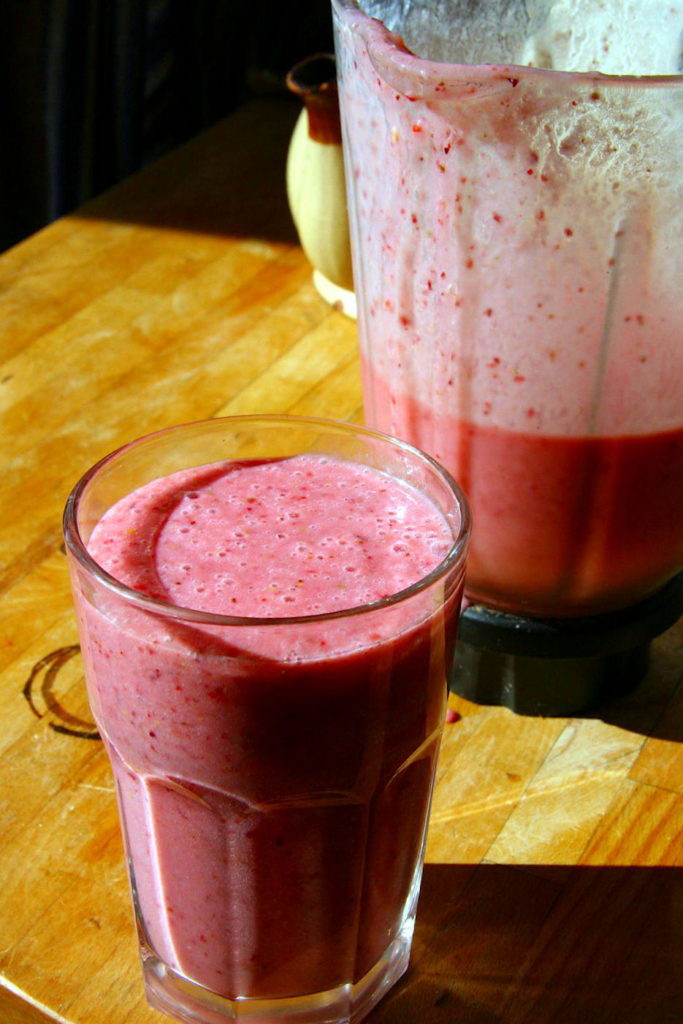Maintaining good oral hygiene is more than just about having a bright smile; it plays a crucial role in your overall health. From preventing cavities to reducing the risk of gum disease, keeping your mouth clean can contribute significantly to your well-being. In this blog post, we’ll uncover essential tips and practices that will help you maintain excellent oral hygiene, ensuring your smile stays healthy and radiant.
Top Tips for Daily Oral Hygiene
Brushing Techniques and Frequency
The foundation of good oral hygiene starts with proper brushing techniques. It’s important to brush your teeth at least twice a day—once in the morning and once before bed. Use a fluoride toothpaste and a soft-bristled toothbrush. Place the brush at a 45-degree angle to your gums and use gentle, circular motions. Don’t forget to brush all surfaces of your teeth, including the front, back, and chewing surfaces. Each brushing session should last for about two minutes to ensure every tooth is thoroughly cleaned.
The Importance of Flossing and How to Do It Effectively
Flossing is an often overlooked but vital part of dental hygiene. It helps remove food particles and plaque from between your teeth and under the gumline—places your toothbrush can’t reach. To floss effectively, use about 18 inches of dental floss, winding most of it around your middle fingers and leaving an inch or two to work with. Gently slide the floss between your teeth, curving it around each tooth and moving it up and down. Make sure to floss behind your back teeth as well.
Using Mouthwash for Additional Protection
Mouthwash can be a great addition to your oral hygiene routine. Not only does it freshen your breath, but it also helps to reduce plaque, prevent cavities, and fight gingivitis. Choose a mouthwash that contains fluoride and has antibacterial properties. Use it after brushing and flossing to rinse away any remaining debris and bacteria. Swish the mouthwash around your mouth for about 30 seconds before spitting it out.
Dietary Recommendations for Oral Health
Foods and Drinks to Avoid That Can Damage Teeth
Your diet plays a significant role in maintaining good oral health. Sugary and acidic foods and drinks can erode tooth enamel and lead to cavities. Try to limit your intake of sugary snacks, sodas, and fruit juices. Instead, opt for water, milk, and unsweetened tea. If you do consume something sugary or acidic, rinse your mouth with water afterward to help neutralize the acids.
Nutrients That Are Beneficial for Oral Health
Certain nutrients are particularly beneficial for maintaining strong and healthy teeth. Calcium and vitamin D are essential for strong bones and teeth. Dairy products, leafy greens, and fortified cereals are excellent sources of calcium. Vitamin C is also important as it helps keep your gums healthy. You can find it in citrus fruits, strawberries, and bell peppers. Incorporating these nutrients into your diet can help keep your teeth and gums in top shape.
Regular Dental Checkups and Cleanings
The Importance of Professional Dental Care
Regular dental checkups and cleanings are crucial for maintaining good oral health. Dentists can detect early signs of dental issues like cavities, gum disease, and oral cancer before they become serious problems. Professional cleanings remove tartar buildup that brushing and flossing alone can’t eliminate.
How Often Should One Visit the Dentist
It’s generally recommended to visit the dentist every six months for a checkup and cleaning. However, some individuals with specific dental needs may require more frequent visits. Your dentist can provide personalized recommendations based on your oral health status. For example, if you’re in need of dental implants – that may require a specialist. You can always do a simple Google search like, “smile makeover, Chico,” or wherever you’re located to find the right fit for you.
Lifestyle Habits That Affect Oral Health
Habits to Avoid to Maintain Good Oral Hygiene
Certain lifestyle habits can negatively impact your oral health. Chewing on hard objects like ice or pens can damage your teeth. Additionally, using your teeth as tools to open packages or bottles can cause chips or cracks. Make a conscious effort to avoid these habits to protect your teeth.
The Effects of Smoking and Alcohol on Oral Health
Smoking and excessive alcohol consumption can have detrimental effects on your oral health. Smoking increases the risk of gum disease, tooth loss, and oral cancer. Alcohol can dry out your mouth, reducing saliva production, which is essential for washing away food particles and bacteria. Limiting or quitting these habits can significantly improve your oral health.
Common Mistakes in Oral Hygiene
Overlooking the Tongue During Oral Care
Your tongue can harbor bacteria that contribute to bad breath and plaque buildup. Make sure to clean your tongue every time you brush your teeth. You can use your toothbrush or a tongue scraper to gently remove the bacteria from your tongue’s surface.
The Impact of Not Changing Toothbrushes Regularly
To maintain effective brushing, it’s important to change your toothbrush every three to four months, or sooner if the bristles become frayed. Using an old toothbrush can reduce the effectiveness of cleaning and increase the risk of bacterial growth. A fresh toothbrush ensures optimal cleaning.
The Rundown
Maintaining good oral hygiene requires consistent effort and attention to detail. By following these tips—brushing and flossing daily, making smart dietary choices, visiting your dentist regularly, and avoiding harmful habits—you can enjoy a healthy and beautiful smile for years to come!



